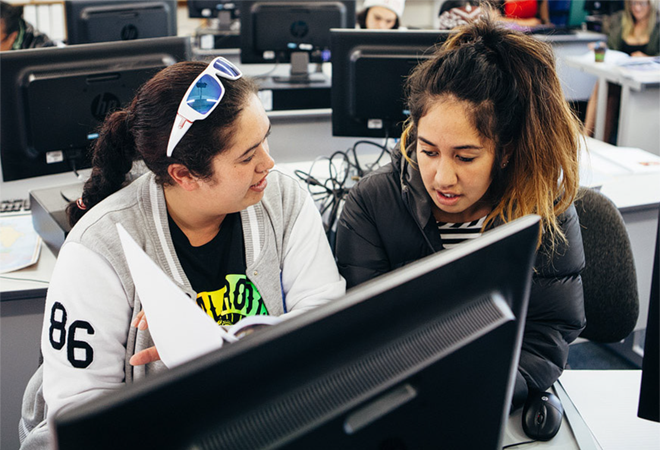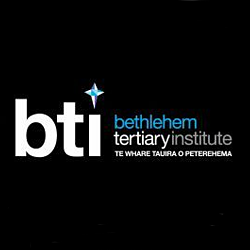
Cultural confluence and capacity in training providers intending to work cross-culturally within Māori and Pasifika contexts
Status
Completed: 16 July 2011
Project Details
A project completed in 2011, undertaken by Bethlehem Tertiary Institute (BTI), Tauranga, to explore pedagogical models and research methodologies specific to Māori and Pasifika contexts.
Aims:
The main aims of the project were to:
- identify cultural perspectives and worldview of staff and students at BTI
- explore areas of concern to Pasifika and Māori students and stakeholders
- hear experiences and perceptions of staff and student's work in multicultural contexts.
Methodology:
The project methodology involved:
- a review of the literature
- facilitated student focus group discussions before and after the immersion experience
- staff focus group discussions and individual interviews
- online student reflections completed before and after the immersion experience
- individual interviews with past and present Māori and Pasifika students.
Team

Dr Andrew Smith
Project Leader
Bethlehem Tertiary Institute
Tereora Crane
Bethlehem Tertiary InstituteStatus
Funding
$10,000.00 (excl GST)
Key Findings
The key findings from the project included:
- Overall, the reports of the immersion experience were positive, from both personal and professional perspectives.
- The strongest theme to emerge from the collated data was the significance of connection – the intangible, non-quantifiable sense of knowing and being known. This connection was primarily relational but extended beyond the purely personal to connection with the environment of the institution, the centre or the school.
- It was evident from student comment that both their previous experience and the views of family and friends contributed significantly to their being able to relate in a relaxed way to the immersion experience.
- One point that emerged as a factor that undermines connection was the making of assumptions – of making generalisations and failing to acknowledge individual diversity. Alongside this is the challenge reported by the centres, of breaking out of some of the preconceived ideas that they had felt from students and others.
- Another theme noted was the importance of modelling, and the reciprocity that is likely to follow. The lecturers modelled a way of relating, as did the staff of the centres, which was picked up by students, and by children.
Key Recommendations
While the following recommendations are specifically oriented to BTI, they may also be applicable to other tertiary organisations:
Wider use of the immersion experience | Given that the participants’ views reflect a valuing of the immersion experience, the recommendation is that BTI should continue its inclusion in the Bachelor of Education programme, extend its inclusion to other programmes, and seek to develop the relational connections with the schools and centres involved.
Staff immersion experience | That BTI consider paralleling the student immersion experience with a staff immersion experience, which would include the opportunity to explore assumptions and preconceptions before and to reflect on the experience afterwards.
Relationship ethos | That BTI affirms that it’s Christian ethos and the importance of relationship as part of that ethos is an appropriate platform for developing the ability to work cross-culturally.
Cultural space and staff linguistic ability | That BTI look to develop cultural space and staff linguistic ability (not just te reo) as structural supports.
Scaffolding | That BTI recognise that developing the scaffolding within which such connection can occur is an intentional exercise and does not just happen.
A research report prepared by Andrew Smith and Tereora Crane.
(PDF, 881 KB, 41-pages).
- 20 July 2011